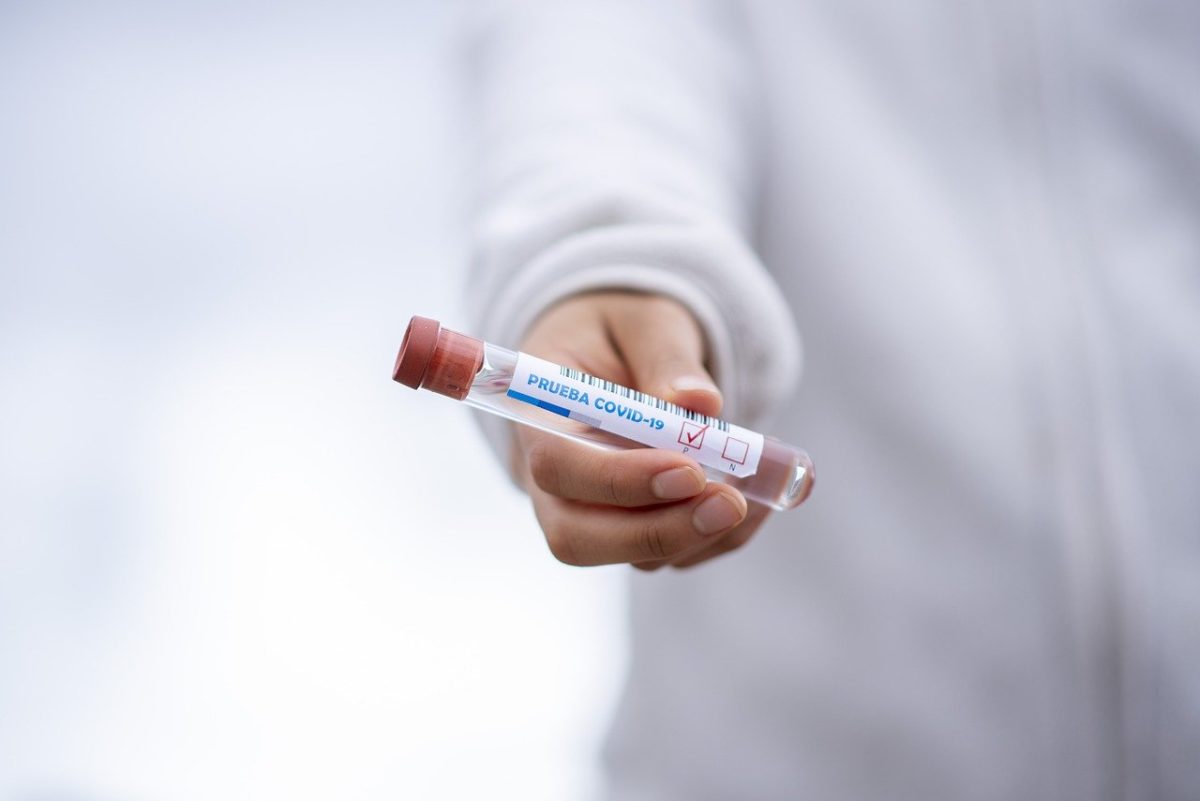KUALA LUMPUR, April 26 — A recent advisory by the World Health Organisation (WHO) has commented on the approach of using the presence of antibodies as the basis of an “immunity passport”.
WHO has found no evidence about the accuracy or effectiveness of this concept and believes that the use of such certificates may actually increase the risks of continued transmission.
This concept which is being advocated by some governments would supposedly enable individuals to go back to work or travel. The assumption is that they are protected against re-infection and should be able to integrate safely into the general population.
However, WHO has indicated that there is currently no evidence that those who have recovered from the coronavirus infection have antibodies which protect them from a second infection.
Current studies have shown that despite the presence of antibodies in those who have recovered, they do not seem to confer immunity.
WHO has also cautioned the use of antibody tests. It has indicated that their use needs further validation to confirm accuracy and reliability.
They may falsely label people who have been infected as negative. People who have not been infected could be falsely labelled as postive. Both have serious consequences.
The tests must also distinguish between past infections from the Covid-19 virus and others in the coronavirus family such as those which cause Severe Acute Respiratory Syndrome (SARS) and Middle East Respiratory Syndrome (MERS).








